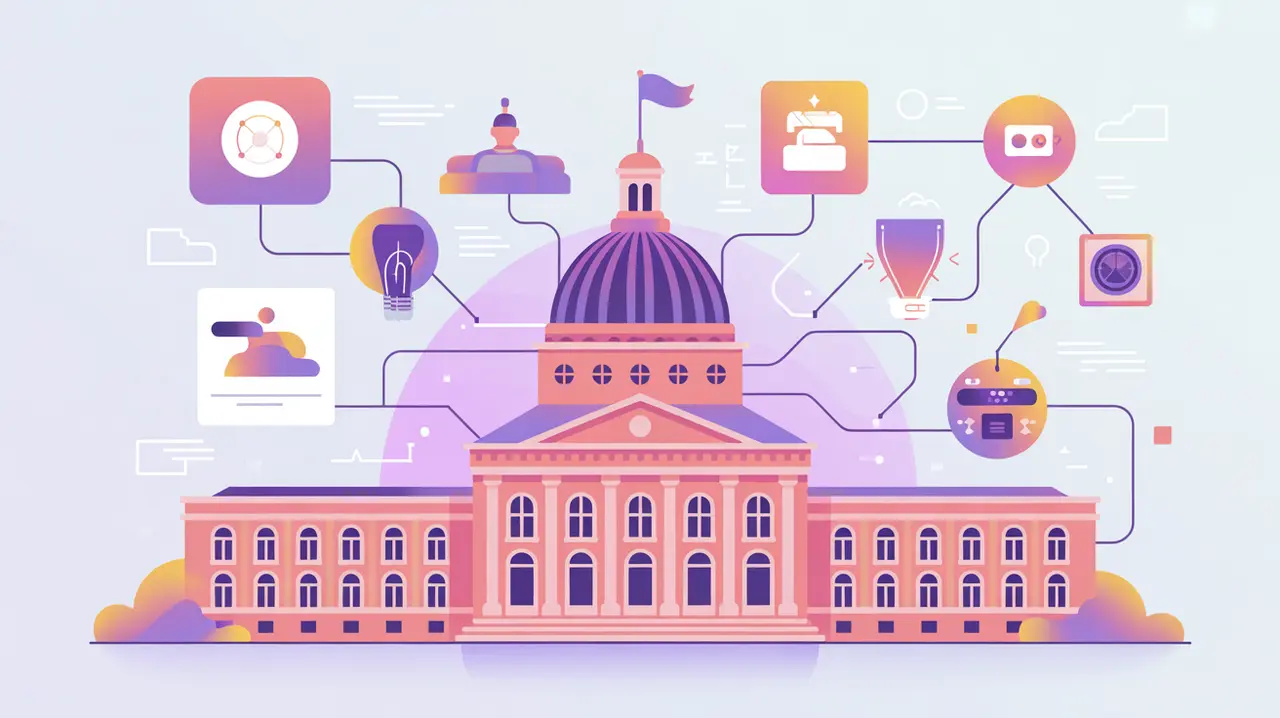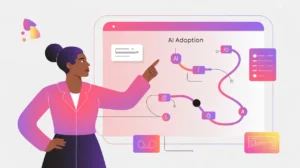Importance of Public Interest Technology
Public Interest Technology (PIT) refers to the design, development, and governance of digital and AI systems in ways that prioritize the public good over private or commercial gain. It brings together technologists, policymakers, and community actors to ensure that technology advances democratic values, human rights, and social equity. Its importance today lies in the growing recognition that unchecked technological innovation can deepen inequality, while PIT emphasizes accountability and collective benefit.
For social innovation and international development, public interest technology matters because mission-driven organizations need approaches that center community needs, protect rights, and strengthen public institutions in the digital age.
Definition and Key Features
The concept of PIT has been advanced by universities, civil society coalitions, and philanthropic organizations seeking to train and support a new generation of technologists committed to social impact. It involves applying principles of equity, transparency, and ethics to fields such as data governance, AI design, and digital infrastructure.
It is not the same as civic tech, which often focuses narrowly on tools for government engagement. Nor is it equivalent to corporate social responsibility programs, which may frame impact as secondary to profit. PIT is a discipline in its own right, dedicated to aligning technology with the public interest.
How this Works in Practice
In practice, public interest technology might involve building AI systems for healthcare that prioritize accessibility and transparency, developing open-source platforms for civic participation, or creating data governance frameworks that protect marginalized groups. Training programs and fellowships aim to equip technologists with both technical and ethical competencies to serve the public good.
Challenges include the dominance of commercial incentives in the tech industry, underinvestment in public sector digital capacity, and the difficulty of embedding PIT into existing institutions. Sustaining talent pipelines for PIT also requires dedicated funding and recognition of its distinct value.
Implications for Social Innovators
Public interest technology has wide relevance for mission-driven organizations. Health programs can use PIT frameworks to ensure digital diagnostics and telemedicine tools serve communities equitably. Education initiatives can leverage PIT approaches to design inclusive learning platforms and protect student data. Humanitarian agencies can adopt PIT to guide ethical use of biometric systems or crisis-mapping tools. Civil society groups promote PIT as a counterbalance to profit-driven innovation, ensuring communities have a voice in how technology evolves.
By advancing public interest technology, organizations and communities can shape AI and digital systems to serve collective well-being, safeguard rights, and build more equitable futures.







